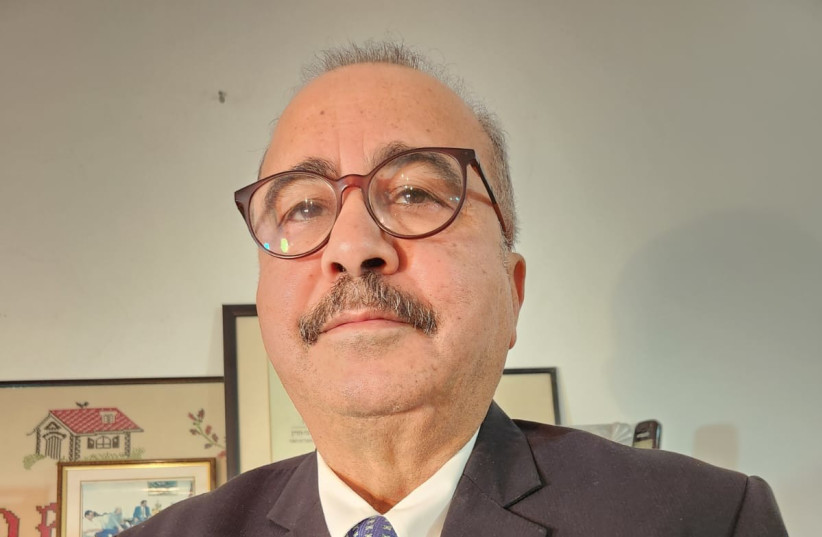Will it happen this time? Fifty-six years after the city’s unification, will a resident of east Jerusalem stand up and run for the city council, maybe even as a candidate for mayor?
For several weeks now, the name of a Beit Safafa resident attorney has been mentioned as the one who decided to pick up the gauntlet and run for a seat on the council that would represent east Jerusalem residents.
The elections for the council and the mayor of Jerusalem will be held on October 31, and in two sectors of the city’s population, there is an interesting awakening. In various groups that cross sectors and neighborhoods, there is a growing interest in including more women on the council, either on the list of Mayor Moshe Lion, who has already pledged to form a list with 50% women, or on a separate list.
But now it seems that in east Jerusalem there is also a certain awakening on the subject, and even if things don’t take center stage, there is a murmur among residents in several neighborhoods about the participation of east Jerusalem residents in the elections.
There have been several attempts to integrate public representatives from east Jerusalem into the city council, such as the October 1969 elections, in which 7,500 people voted out of 35,000 eligible voters, with 86% of them voting for Teddy Kollek. Since then, the percentage of voters has decreased. In 1998, businessman Musa Alian from Beit Safafa tried to run for the municipal council as the first Arab representative to run in the elections for the local authority. Thousands of votes went to him, but it was not enough to garner a seat on the council.

Before the 2018 elections, a new list called the East Jerusalem Party was formed; however, under pressure from the Palestinian Authority, it ultimately chose not to run.
In general, residents of east Jerusalem rarely participated in the municipal elections for various reasons, the main one being the fear that it would be considered recognition of the Israeli “occupation” of the eastern part of the city. In addition, over the years Fatah people and later PA representatives put heavy pressure on anyone who tried to participate or encourage candidates on behalf of the residents of eastern Jerusalem to participate. In the past, this pressure also translated into acts of violence – burning cars, threats.
However, now, after several failed attempts by the Arabs of the eastern part of the city to integrate into municipal politics, attorney Walid Abu Tayeh, born in Nazareth and, for the past 45 years a resident of Beit Hanina, is convinced that the time has come, in order, as he says, to stop the injustice done to the residents of east Jerusalem.
Who is Walid Abu Tayeh, the east Jerusalem resident running for the city council?
Abu Tayeh, an Israeli citizen, aged 68, married, with three children, has a BA in international relations from the Hebrew University of Jerusalem and a master’s degree in law from Columbia University in New York. Before becoming an independent lawyer, he served as a senior inspector at the Finance Ministry in Jerusalem.
The major issues for the east side residents is home demolition and land expropriation. Abu Tayeh plans, if elected, to submit a plan to prevent the demolition of buildings slated for demolition and pay the appreciation tax and the improvement levy. The thing is that this is exactly what Lion promoted during his first year in his position, but he hasn’t yet implemented it.
Abu Tayeh says that he has officially decided to run for mayor and for the council, and expresses confidence that he will be elected, having obtained the support of thousands of east Jerusalem residents.
He may sound confident, but the question is whether Arab residents will go out in sufficient numbers to vote. As of today, there are 200,000 eligible voters.
“The people of east Jerusalem want to participate in the elections. This is the inner desire, but they were afraid of the [Palestinian] Authority, afraid that it will harm them. But today the time has come.”
Walid Abu Tayeh
“The people of east Jerusalem want to participate in the elections. This is the inner desire, but they were afraid of the [Palestinian] Authority, afraid that it will harm them. But today the time has come,” Abu Tayeh asserts.
East Jerusalem is currently home to over 370,000 residents, who make up some 40% of Jerusalem’s population. ❖
